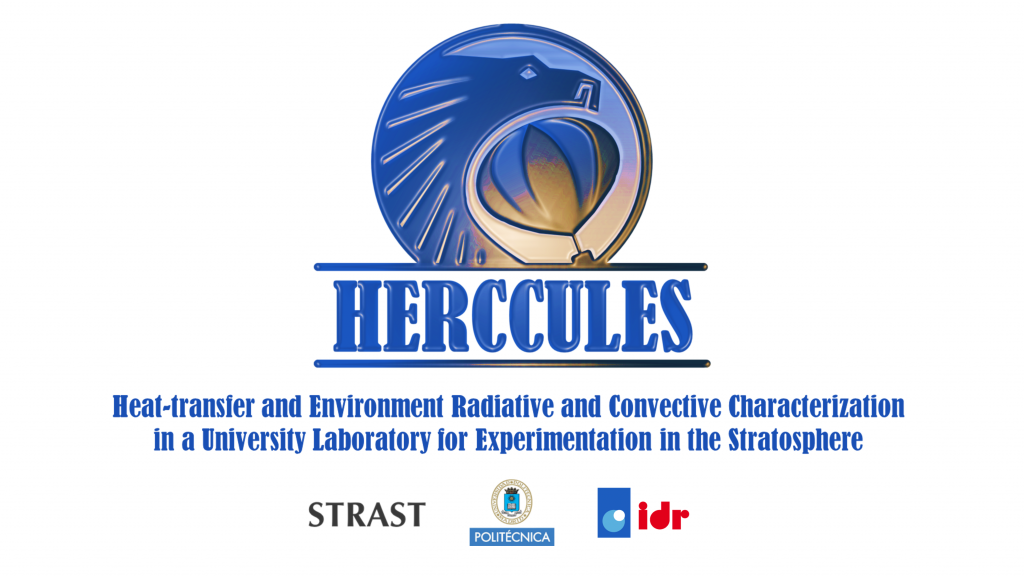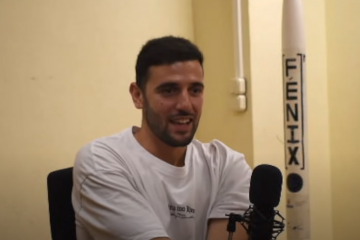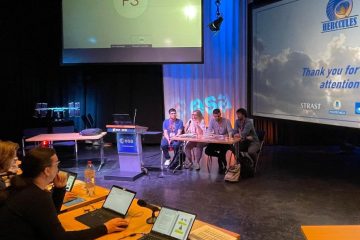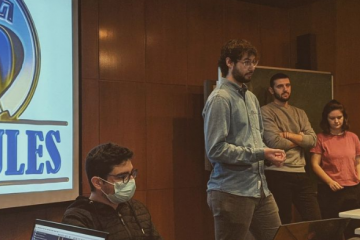On December 13, the European Space Agency (ESA) announced the 10 experiments selected to participate in the REXUS (sounding rocket) and BEXUS (stratospheric balloon) programs.
These programs allow students from universities and colleges across Europe to conduct science and technology experiments. Two rockets and two balloons are launched each year, with up to 20 experiments designed and built by teams of students. Specifically, REXUS / BEXUS is carried out under a bilateral agreement between the German Aerospace Center (DLR) and the Swedish National Space Agency (SNSA). The Swedish agency has been made available to students from other European countries through a collaboration with the European Space Agency.

Among the 6 experiments chosen to fly in a stratospheric balloon (BEXUS) is HERCCULES (Heat-transfer and Environment Radiative and Convective Characterization in a University Laboratory for Experimentation in the Stratosphere), proposed by a group of students from the Polytechnic University of Madrid (UPM).
The UPM team is the only team from a Spanish university that has been selected in the call. The European Space Agency has revealed that the choice has been complex due to the good proposals received: “Due to the high quality of the proposals and the limited number of places available in the launch vehicles, the decision process was very difficult for the committee. of selection”.
The REXUS/BEXUS programme is realized under a bilateral agency agreement between SNSA and DLR. Therefore, the 10 SNSA/ESA sponsored student teams will be joined by 6 further student teams sponsored by the DLR. As next step, the selected student teams must develop their preliminary experiment design for a review held during a dedicated Student Training Week at the beginning of February.




1 Comment
Angel Sanz Andres · 03/04/2023 at 16:55
Congratulations ¡¡¡¡¡¡